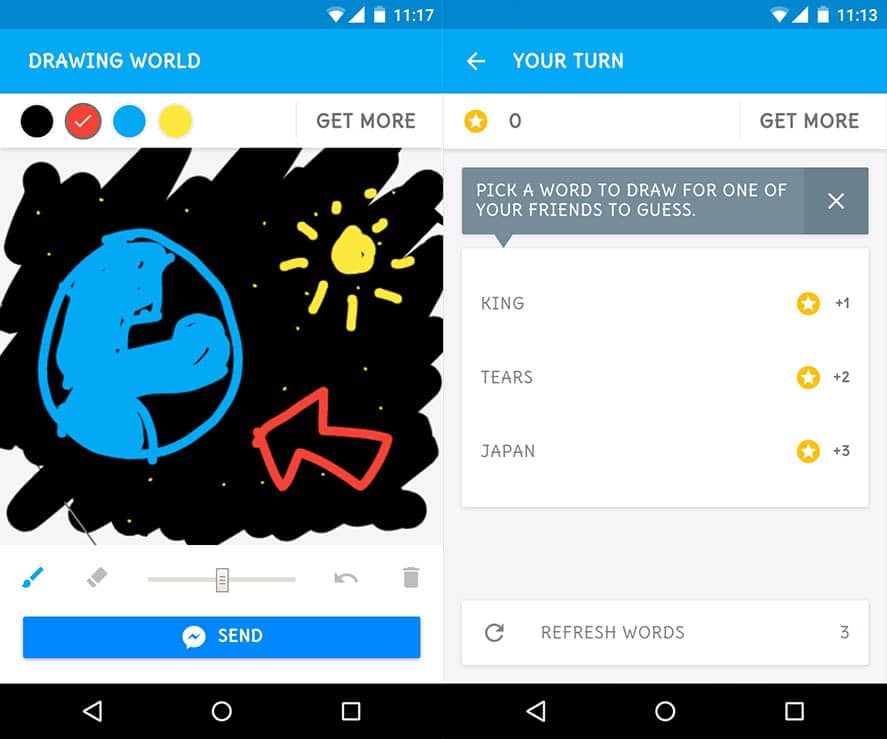Is it possible to create the world’s next great social media site without understanding people’s digital behaviors? Would anyone be downloading books and magazines to tablets if there wasn’t first a community of amazing authors who made desirable, timeless content? Can anyone understand where technological advances are needed if there is not first a broader understanding of the humanities and liberal arts?
These are the types of questions that some experts are asking as the United States becomes obsessed with boosting educational efforts in STEM (science, technology, engineering and math) and proposing serious budget cuts and eventual elimination of more liberal subjects.
“Is it a vital interest of the state to have more anthropologists?” Florida’s Gov. Rick Scott once questioned. “I don’t think so.”
But the push to eliminate liberal programs and focus solely on STEM subjects could be extremely counterproductive and work to eliminate the years of innovation that have made America a powerhouse when it comes to technological advancements.
What many of these liberal-arts-opposing politicians fail to realize is that advances in technology do not happen in an exclusive world from the humanities and liberal arts.
While STEM subjects often lead to innovation, they are not synonymous with such.
“Innovation is not simply a technical matter but rather one of understanding how people and societies work, what they need and want,” “In Defense of a Liberal Education” author Fareed Zakaria explained in a column for The Washington Post. “America will not dominate the 21st century by making cheaper computer chips but instead by constantly reimagining how computers and other new technologies interact with human beings.”
Some of the greatest STEM success stories come from entrepreneurs who understood this definition of innovation.
From Apple’s Steve Jobs to Facebook’s Mark Zuckerberg’s many leaders in STEM understand that while an education in the sciences and a background in technology is important, it is not the only piece to the puzzle.
“Facebook’s innovations have a lot to do with psychology,” Zakaria explained. “Zuckerberg often pointed out that before Facebook was created, most people shielded their identities on the Internet …Facebook’s insight was that it could create a culture of real identifies, where people would voluntarily expose themselves to their friends, and this would become a transformative platform.”
It’s that sense of wondering “what if” and an imaginative mind that was able to create the vision for an online social media platform that was revolutionary in design and concept.
Zakaria also notes that while politicians may be quivering in fear about low test scores when compared to other countries, the U.S. is still a leader in innovation and that’s because it’s a leader in creative thinking.
Many countries that root educational efforts in technical studies and memorization excel on standardized tests but fall short when it comes to creating real-world innovations.
It’s because memorizing facts and theories doesn’t translate to creating new technologies, exploring scientific possibilities, imagining new ways to build and construct and unlocking the true message behind a wall of numbers and statistics.
“The dismissal of broad-based learning, however, comes from a fundamental misreading of the facts — and puts America on a dangerously narrow path for the future,” Zakaria adds. “The United States has led the world in economic dynamism, innovation and entrepreneurship thanks to exactly the kind of teaching we are now told to defenestrate. A broad general education helps foster critical thinking and creativity.”
That kind of critical thinking and creativity is what allows STEM leaders to find the truly innovative purposes for STEM efforts, such as finding the connection between 3-D printing, iconic superheroes and children’s prosthetics.
So while the nation may not be leading the way in international standardized test scores, America’s future when it comes to innovation is not nearly as bleak as the scores suggest.
In fact, it may very well be brighter than the countries that have grounded their educational achievements in such tests.
Zakaria pointed out that two other highly innovative countries, Sweden and Israel, rarely have impressive rankings when it comes to test scores.
They are both, much like the U.S., leaders in boosting real-world innovations that have revolutionized their economies.
The STEM field is a vital one and indeed many more Black children need the opportunity to get involved in such subjects. As we enter the digital age, more people will need to garner a firm foundation in STEM, but the elimination of a liberal education in the midst of this new era will only rid STEM careers of their creative, innovative potential.










